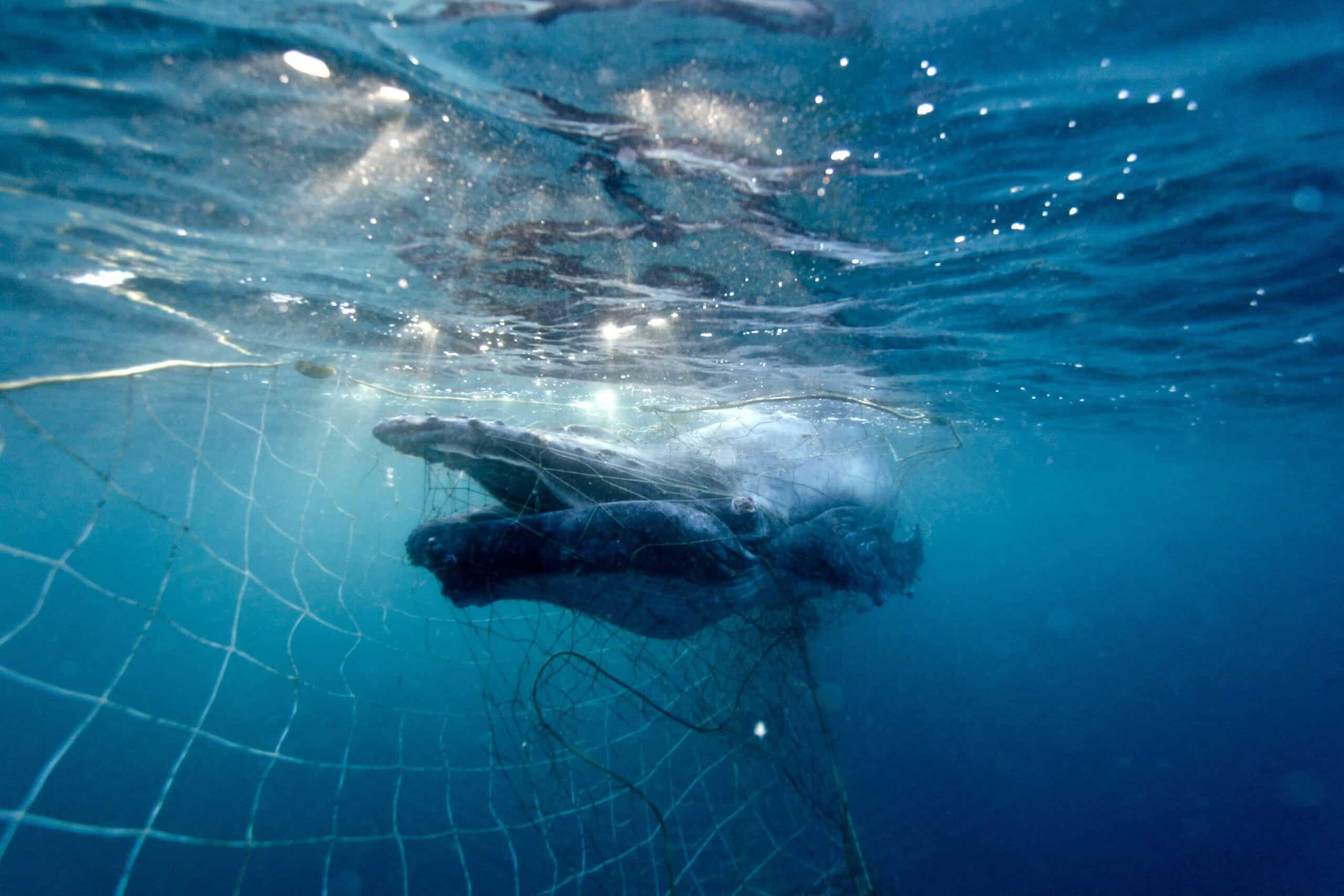Research shows that Australia’s great white sharks are highly related to each other and may consist of fewer than 500 breeding animals. SYDNEY, 24 June 2025: Latest research has found Australia’s great white shark population is much smaller than expected, increasing their vulnerability to further population threats. The population...
By Alexia Wellbelove and Nicola Beynon
When Professor Graeme Samuel released his final report on the Independent Review of our national environment law – the EPBC Act – he gave a pointed warning not to cherry pick from his recommendations for fundamental and interconnected reform. Despite this the Government is pressing ahead with their narrow agenda to devolve nationally important decision making to states and territories in the Streamlining Environmental Approvals Bill before the Senate.
Professor Samuel was clear in his report that:
The EPBC Act is “ineffective”, “does not enable the Commonwealth to effectively protect environmental matters” and that “is not fit to address current or future environmental challenges”. To remedy the situation he recommends “National Environmental Standards are the centrepiece of reforms needed to deliver effective environmental protection and biodiversity conservation, and more efficient decision-making” (page 4, Executive Summary).
HSI was part of the Consultative Group of scientists, conservationists, lawyers and business leaders that worked hard advising on the standards Professor Samuel has recommended. While HSI had hoped for stronger, we agree the standards recommended provide essential guidance for more effective decision making under the Act.
Despite this, the Government has decided to develop its own ‘Interim National Environmental Standards for Matter of National Environmental Significance’ to accompany its Streamlining Bill. These standards have not been consulted on, and are simply a reproduction of existing clauses of the current, ineffective Act, not the outcome-focused standards intended to guide decision making within the parameters of the existing Act as recommended by Professor Samuel. It is a stretch to call them standards and they add nothing new to solve the problems the Independent Review has identified.
To give you one example; the government’s proposed standard for threatened species is for decision making to be consistent with a recovery plan. This sounds fine until you remember that this is no help to the 62% of Australia’s threatened species that don’t have a recovery plan. And when you realise that even for those that do, recovery plans are not actually written to give advice to those deciding development approvals. A recovery plan might call for the planting of new habitat trees or an awareness-raising program. Rarely would it say all the remnants of a species critical habitat must be protected from further development (if only!). The requirement to act consistently with a recovery plan has also been in the Act for 20 years, and clearly has not been enough to stop threatened species from continuing to decline.
This stripping back of standards to the bare minimum existing clauses, without the clarifications essential to deliver environmental outcomes, will see the Australian environment remain on its ‘unsustainable trajectory’. Bare minimum standards provide none of the certainty craved by business and needed by the environment.
Professor Samuel developed his standards in response to the need to fundamentally change the way that the EPBC Act works, to ensure community confidence in decisions made under it. The Government’s proposed standards provide no such assurance, and by wilfully ignoring the standards developed through a consultative group process makes a mockery of community views.
Failure to provide robust guidance for decision making becomes even more dangerous when decisions are delegated out to state and territories. States and territories are inevitably more parochial in their outlook and so to charge them with national decision making is a risk. They can also be closer to vested interests and are often the proponents of major projects themselves. It is also important to know that the Government’s Streamlining Bill even contemplates handing over national environment approvals to local governments where the risk of parochial and vested interests overriding environmental protection are greater again. Professor Samuel understood these risks. It is precisely why he recommended a framework of interconnected safeguards with robust standards at the centre.
The Government must change course and listen to the well-considered recommendations from their appointed expert in his final report. Not doing so will condemn Australia’s wildlife and the places they live pushing us further down the path towards increased extinction – a place surely none of us want to go.
You can take action and ask Senators and your local MP to uphold the recommendations of the independent review and reject the Government’s dangerous environment ‘streamlining’ bill which will increase the risk of species extinctions by clicking here.
Nicola Beynon is Head of Campaigns at Humane Society International Australia. She has been the NGO advisor on many Australian Government delegations to multi-lateral treaties for wildlife protection, including the regular meetings of the International Whaling Commission (IWC) since 2000. A career highlight was when HSI took the Japanese whaling company Kyodo Senpaku Kaisha to court for killing whales in the Australian Whale Sanctuary in Antarctica and won.
Alexia Wellbelove is a Senior Campaign Manager at the Humane Society International (HSI). She joined the organisation in 2009. With over two decades experience in conservation her current focus is environmental policy, marine conservation (particularly marine mammal and fisheries bycatch) and wildlife trade. She helped found the Places You Love alliance and serves on a number of state and federal government committees. She has represented Australia as a member of the delegations to both the International Whaling Commission (IWC) and the Convention on Migratory Species (CMS).


